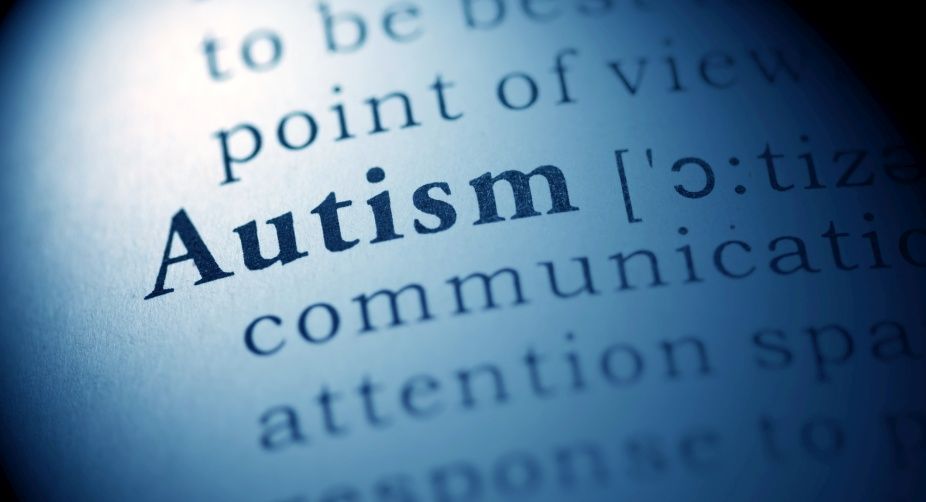Vaibhav (name changed) sits on the sofa, walks to the door and flops back to the couch. The drill continues as he mumbles to himself.
The mannerisms of Vaibhav (35), who is autistic, are often identified as those of a mentally challenged person and the awareness about the disorder remains limited to (mis)representations in films, experts say.
As we observe the ninth World Autism Awareness Day on Sunday, the "awareness about autism is nowhere close to what it needs to be". It was only last year that autism was officially recognised as a disability in India.
"There is improvement in awareness but that is only because earlier we were at zero and now we have made some improvement. But even today we see people misunderstanding and believing in myths related to autism," says Indrani from Action for Autism (AFA), an open door school for autistic children.
Autism can perhaps be best associated with Dustin Hoffman's portrayal of an autistic individual called Raymond in the famous 1988 film 'Rain Man', but Dr Praveen Gupta of Neurology Fortis advises against confusing cinematic representations of the disorder with real life cases.
More than often, a learning disability is considered as a quintessential autistic identifier, thanks to popular Bollywood films.
"Several films have displayed learning disability and that is where the popular public perception stems from.
"In fact, autism is a disease of social integration and how the mind interacts with the environment. It impacts a child's speech, intelligence and other faculties," says Dr Gupta.
In medical terms, autism is a complex life long developmental disability that typically appears during the first three years of life, and early symptoms include repeating the same activity for a long period of time and loss of early acquired language among others.
But, what aggravates the condition, Dr Gupta says, is the time lost in diagnosis.
"Lay people do not recognize signs so clearly. Also, for sometime, parents are in denial and believe that the problem with their child will improve with time.
"So, a lot of time is lost in seeking appropriate attention. Also, individuals professionally qualified to treat autism are smaller in numbers," he says. .











